

Content
Beside each abstract is a guide which describes the target segment of the workshop. A: adult, T: teens, C: children.
Active Learning: Students taking an active role in their learning
Adding Technology to any Activity
Assessing Writing
Bringing Reading to Life
Creativity
Developing Communication Skills
Developing Listening Skills
Developing Reading Skills
Developing Writing Skills
Devices and Apps for the modern classroom
Digital Citizenship and Literacy
Dynamic activities for teens
Engaging your students through visual material
Evaluation for Young Learners
Evaluation for Teens and Adults
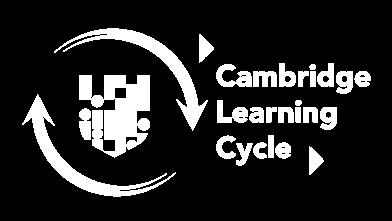
Active learning: Students taking an active role in their learning
Active learning encourages students to engage actively with their studies and to take a signi cant role in their own progress. The role of the teacher is to prepare them for both higher education and the workplace by developing learners who take ownership in their learning. In this workshop, participants will examine the underlying principles and practice strategies to take back to their classrooms.

Adding Technology to any Activity
Whether you suffer from technophobia or not, choosing the right activity involving technology can be a daunting task. Does the activity have any educational value or is it irrelevant to your overall aim? Using the SAMR model, we will delve deeper into the how and why. This engaging workshop looks at how best to use technology with your students to produce results.

Assessing Writing
Writing is a skill that is often neglected, but crucial to the learning of a language. In addition, using the correct assessment strategies can have a lasting effect on students’ motivation to continue writing. In this workshop, we will practice strategies that encourage re ection, growth, and creativity in our students through effective and varied assessment of writing.
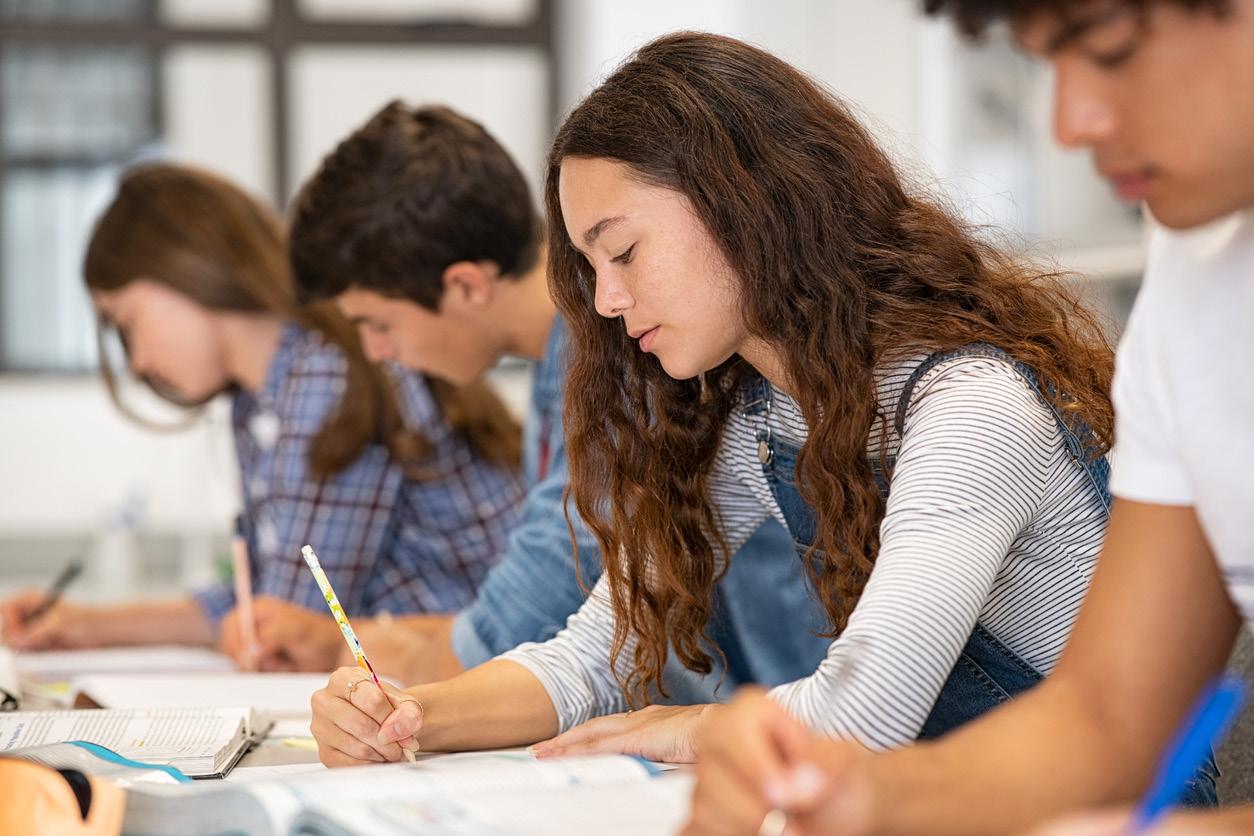
Bringing Reading to Life
Seeing the world through a child’s eyes is the key to effective storytelling. Helping our students fall in love with the words on a page has a lasting outcome in their love of literature. In this session, we will examine different strategies to bring stories to life and how to get students involved in the process.

Creativity
How do we build creativity in our students if we lack creativity? In this workshop, we’ll discuss some pre-conceived notions that need to be put to rest. Once we are on the right track, we’ll look at ideas to spark the creativity you have hiding inside and be able to take back to your class.

Developing Communication Skills
Communication skills are an integral part of language learning. They go beyond just grammar and vocabulary. We must rst build an environment in which students feel secure to share their ideas. Also, skills such as body language, eye contact, and tonal variation to name a few are some of the many abilities we need to address to help our students become effective and successful communicators in the real world. Leave the session with clear ideas and strategies to apply in your classes.

Developing Listening Skills
Students often struggle with listening skills. In this workshop, we will discuss and practice strategies to improve this important ability. We will review two key concepts that help us understand which are top-down processing (using schema or expectation of what you are going to hear) and bottom-up processing (focusing on words and grammar). In addition, we will discuss the types of sub-skills necessary for students to be successful in all types of situations.

Developing Reading Skills
Reading is a skill that needs to be developed. Students must learn how to read effectively and be shown the proper skills to get the most out of the text at hand. During this workshop, we will look at sub-skills, different types of texts, and re ect on our own beliefs about the reading process. You will be given the opportunity to think about, plan and discuss reading activities based on the course book you are currently using. Leave the session with some practical ideas to take back to your classrooms.

Developing Writing Skills
Strong writing skills may enhance students' chances for success. Writing involves creating texts and not just sentences, representing an essential factor of language. In this workshop, teachers will revise basic concepts and work on ideas to encourage written production by establishing a scaffolded process and clear language outcomes.

Devices and Apps for the Modern Classroom
Whether online or in the physical classroom, how we approach technology has changed forever. In this session, we will examine how to take advantage of all the technological breakthroughs at your ngertips. Leave the session with some concrete ideas on how to bridge the physical and digital world.

Dynamic Activities for Teens
Engaging teenage learners can often be quite challenging, but it does not have to be. It all comes down to personalizing tasks and using motivating materials to keep them engaged. Games, technology, and most importantly, involving students in the learning process will aid in turning your classroom into a place your teenage learners will want to be! Leave this session with fresh ideas.

Engaging Students through Visual Materials
How do you de ne LITERACY? It can involve visual, environmental, and digital aspects. Each type of literacy needs to be approached using effective strategies that inspire both teachers and students to reach their full potential. Join us for an informative look at the classroom of tomorrow, while discovering the potential of literacies in and out of the classroom.

Evaluation for Young Learners
Using a wide variety of evaluation strategies is an integral part of a students’ development. In this session, we will examine how to use different strategies to evaluate our students. This includes summative and formative but also using different techniques and platforms to carry them out. Leave the session with a new outlook on evaluating your students. This session focuses on primary age students.
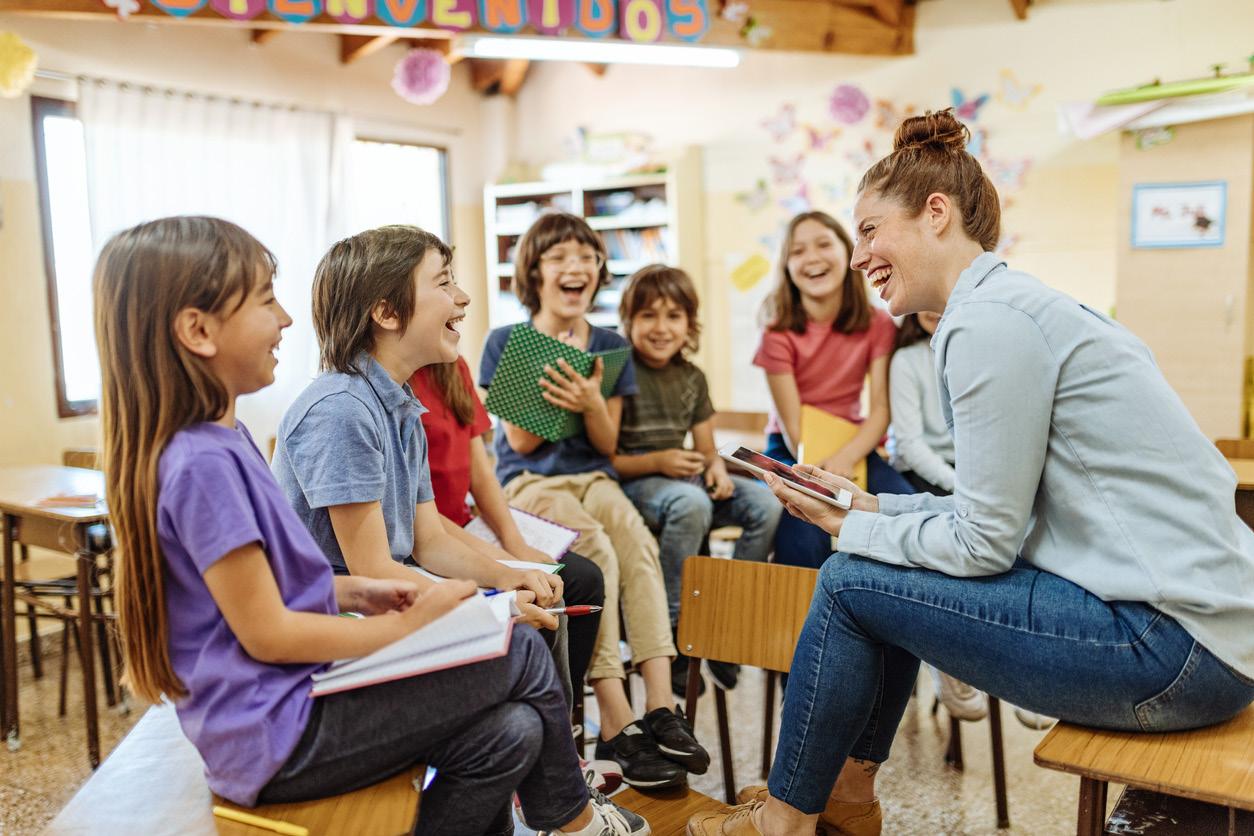
Evaluation for Teens and Adults
Using a wide variety of evaluation strategies is an integral part of a students’ development. In this session, we will examine how to use different strategies to evaluate our students. This includes summative and formative but also using different techniques and platforms to carry them out. Leave the session with a new outlook on evaluating your students. This session focuses on teens and young adults.


Flipped Learning
Learning in the 21st century implies a ip in the way teaching has traditionally been implemented in the ELT classroom. Through ipped learning, students complete pre-tasks (before class) which frees up valuable time in the classroom for engaging activities and much needed practice. We’ll examine the steps any teacher can take to introduce ipped learning in their setting and the bene ts that will come out of it.

Gami cation
Gami cation is the use of game design and mechanics to enhance non-game contexts by increasing participation, engagement, loyalty and competition. With a little creativity, we can add a gaming element to almost any activity or project. Imagine your students begging for more homework because they get ‘experience’ or ‘life’ points they can exchange for a fun reward. This is possible through gami cation. Leave the session with fresh ideas to get your students motivated.

Lesson Planning
Behind every good class is a great lesson plan. Planning for every possible situation, and type of student is crucial to preparing an effective lesson plan. Starting with a detailed group pro le, participants will analyse the steps needed to plan correctly for any context.
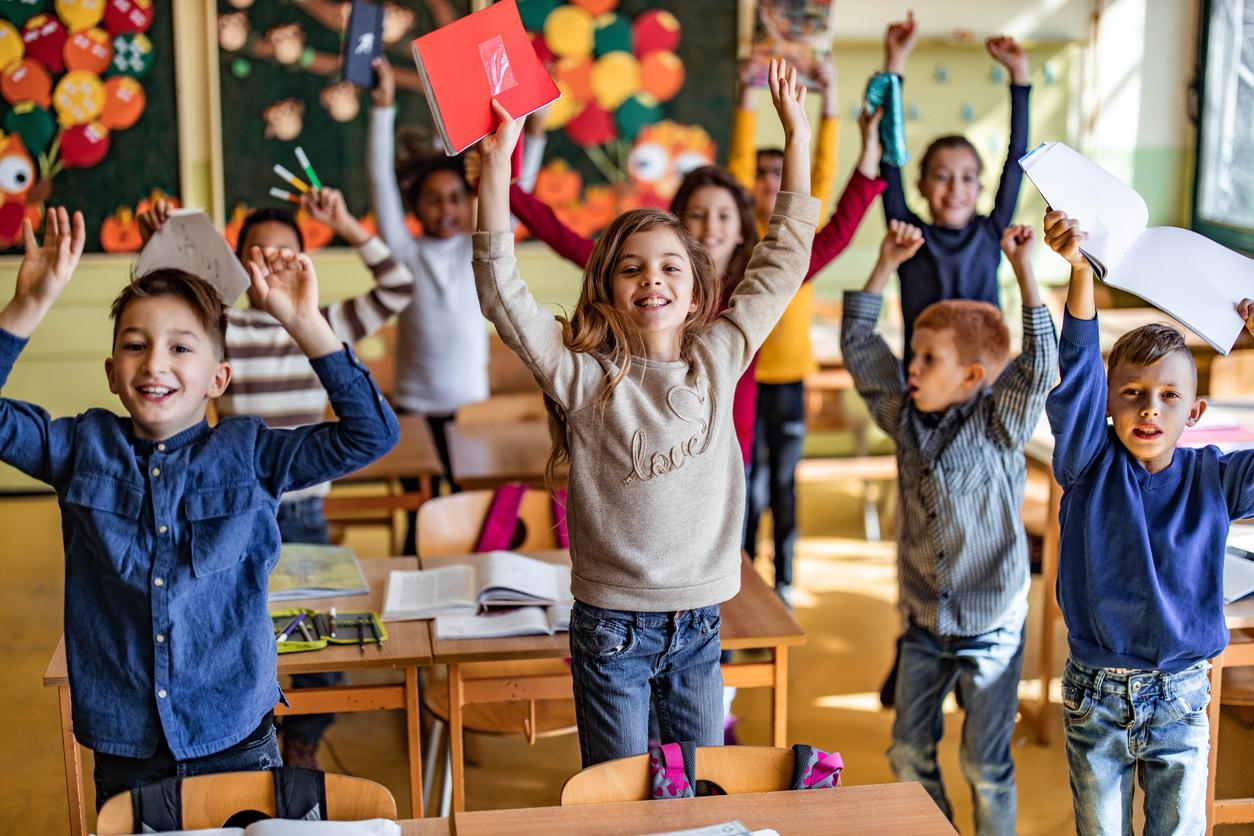
Learning Through Play for very young learners
The concept of play is dif cult to de ne and there is no consensus on one de nition. However, play can be an integral part of the learning process for very young learners if approached correctly. In this session, we’ll examine how play in a variety of de nitions can teach the whole child and also focus on their social and emotional development. This session is aimed at children in kindergarten.

Meaningful Feedback
Giving meaningful feedback can have a lasting effect on students’ long-term success. However, is all feedback meaningful? The language we use, building re ection techniques, and choosing the right time to give feedback all play a role in effective feedback. In this session, you’ll discover strategies to foster meaningful learning.

Mixed Ability Classes
Teaching mixed ability classes is nothing new for most of us. However, this school year we may nd a larger gap between some of our students. In this session, we’ll discuss strategies on how to best bridge this gap and ensure our students are engaged and not left behind.

NLP to Boost Productive Skills
The 21st Century teacher needs to apply a variety of teaching strategies and be as resourceful as possible to help their learners become effective language users. This workshop suggests simple and practical ways of applying NLP to help students improve their speaking and writing skills. The session aims at the Practical rather than at the theoretical framework of Neuro Linguistic Programming. In other words, it is theory-in-use. Participants will leave the session with hands on activities and ideas to use immediately.

Project Based Learning
Project Based Learning (PBL) brings the classroom to life and gives students the opportunity to take an active part in their learning by demonstrating what they know. PBL often focuses on real-world problems and challenges and aids students in learning to collaborate, communicate, use their creativity and build their critical thinking skills. This workshop will help participants see the bene ts of PBL and how to implement it for a successful learning outcome.

Pronunciation
Teaching pronunciation can be daunting, but it doesn’t have to be. It all begins with raising learners’ awareness of sounds and word stress. In this workshop, we will examine the basics and practice activities such as drilling, identifying stress, and learn how to get your students from sounding like robots to speaking like a pro!

Resilience and Well-Being
We’ll practice strategies such as growth mindset to get students on the right track to success through goal setting and challenging them to go beyond their comfort zone. Participants will also analyze their own ability to forge through dif cult situations and learn how to turn the negative into a positive. Leave the session with strategies to implement both personally and with your students.
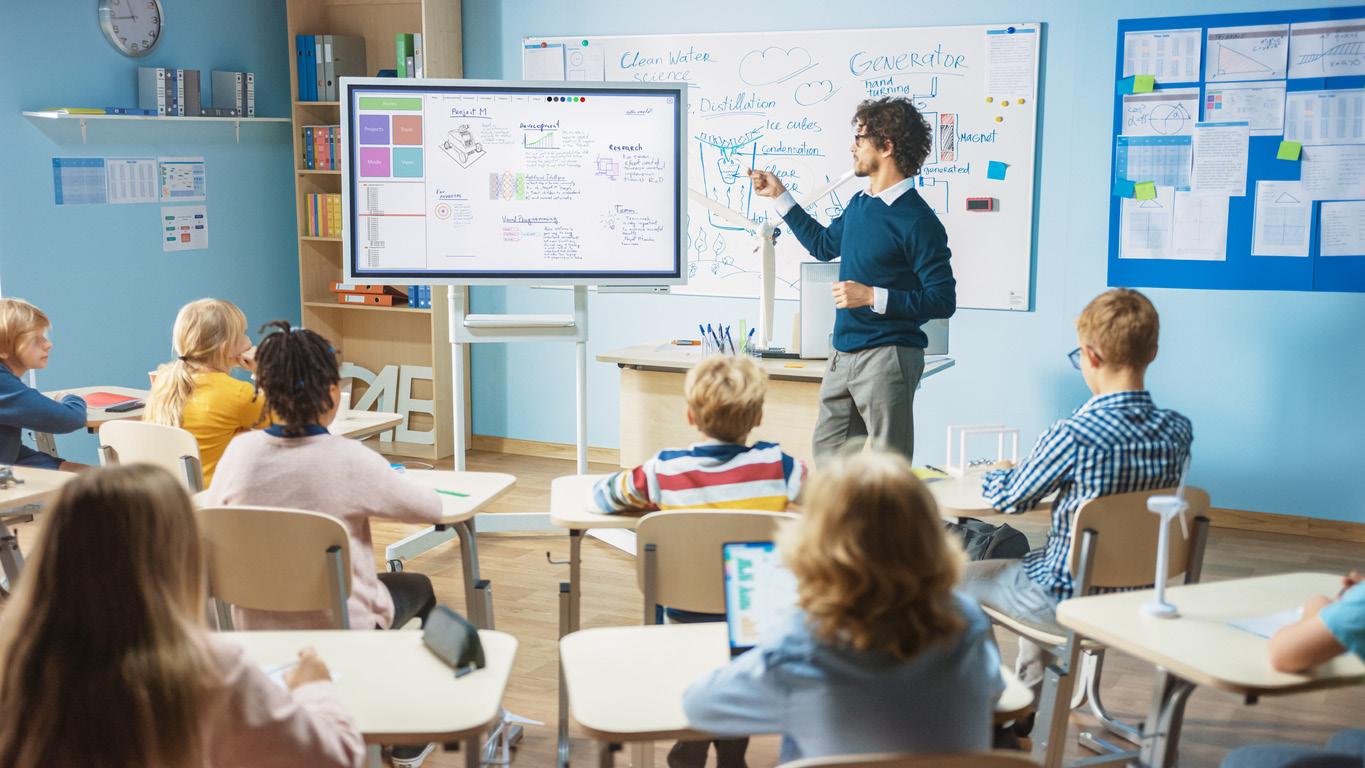
Strategies to Motivate Students Online
Keeping students motivated online has proven to be somewhat challenging. Should students turn their cameras on, and if so, how do we facilitate this in an encouraging and engaging way? We will provide some background as to the why, and look at the how, namely: techniques and ideas to create a considered and productive approach to in class camera use.

Teacher Roles and Language
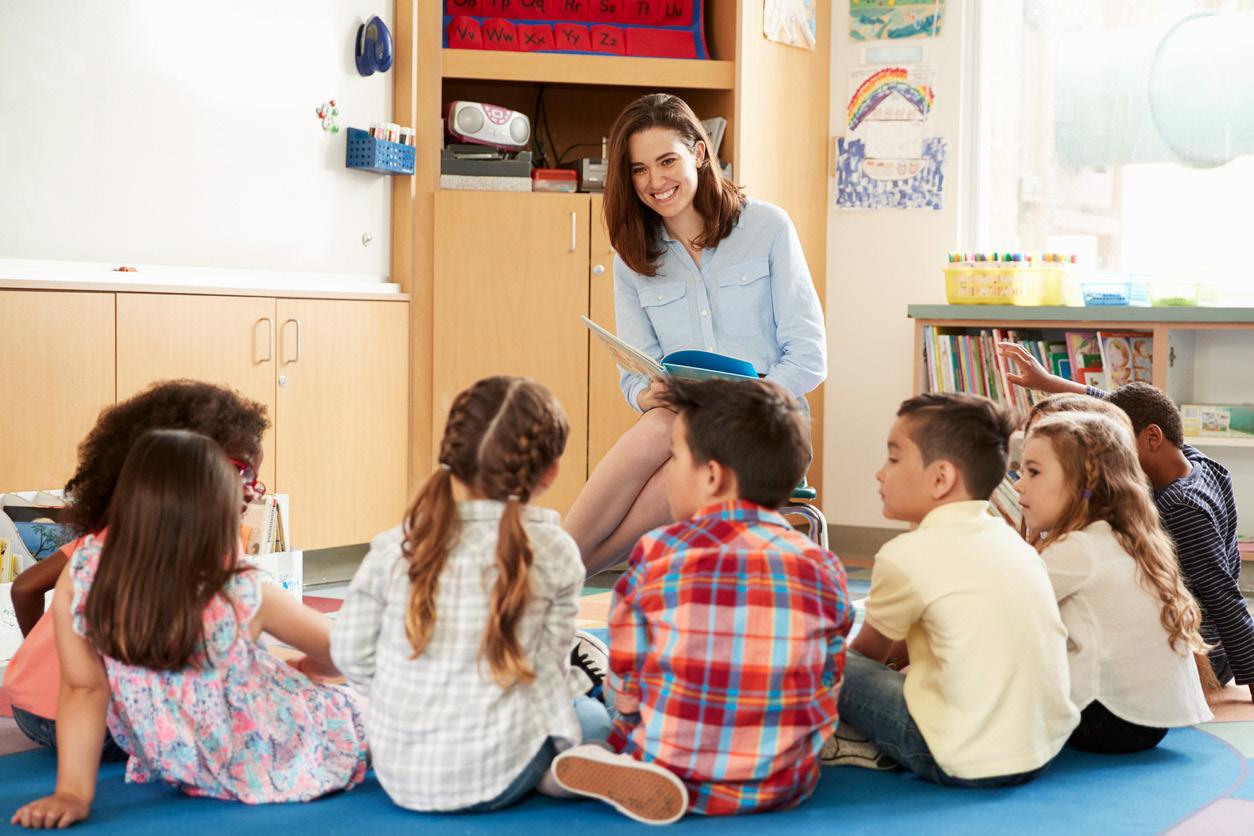
The role of the teacher plays an integral part of successful classroom management. Gone are the days of the teacher standing at the front in charge of all the information. In this session, we will examine the different roles of the teacher and step-by-step procedures for activity management. In addition, we will discuss the differences between effective and ineffective teacher talk including what many teachers nd dif cult – instructions!
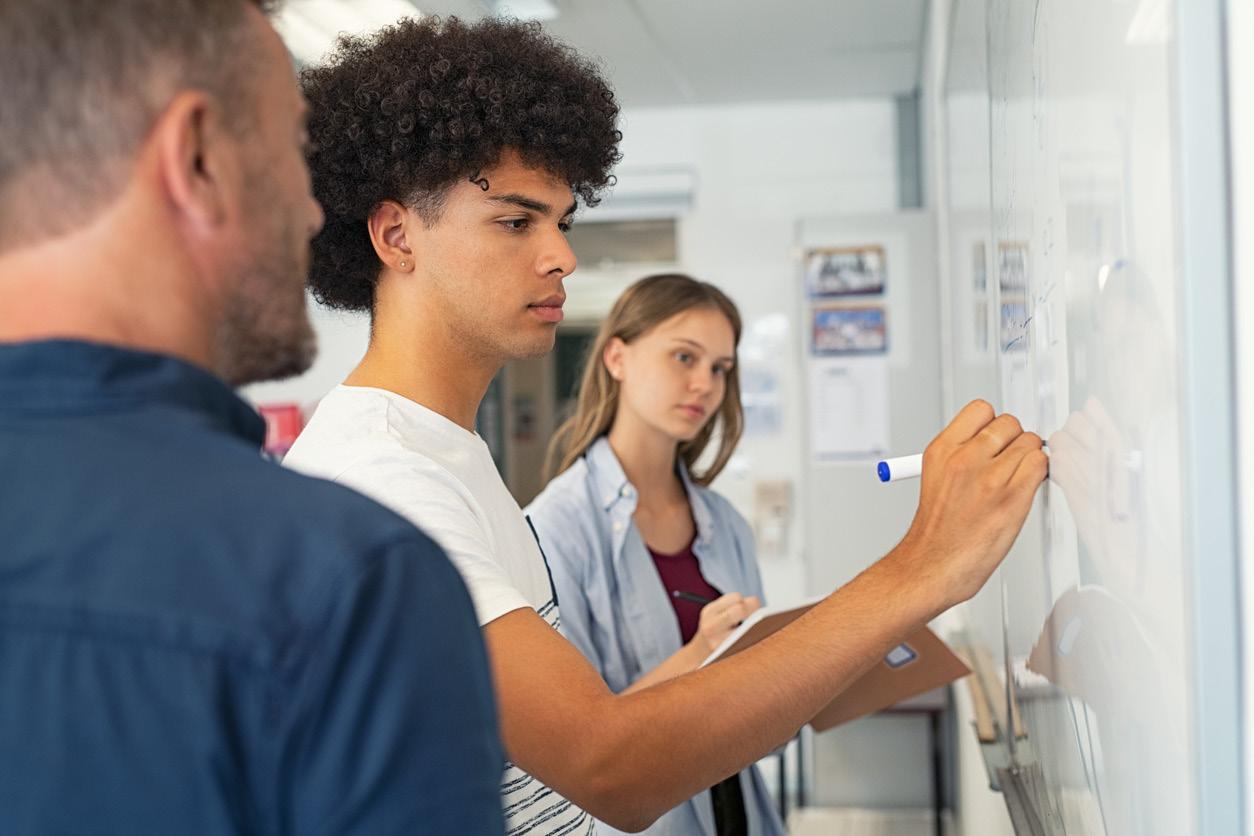

Teaching Children with Phonics
Instruction in phonics involves helping children learn how sounds are linked to letters and letter combinations in the written language leading to strong reading skills. In this workshop, teachers will learn about phonics but most importantly, will participate in activities they can take back to their classrooms for more successful and dynamic phonics lessons.
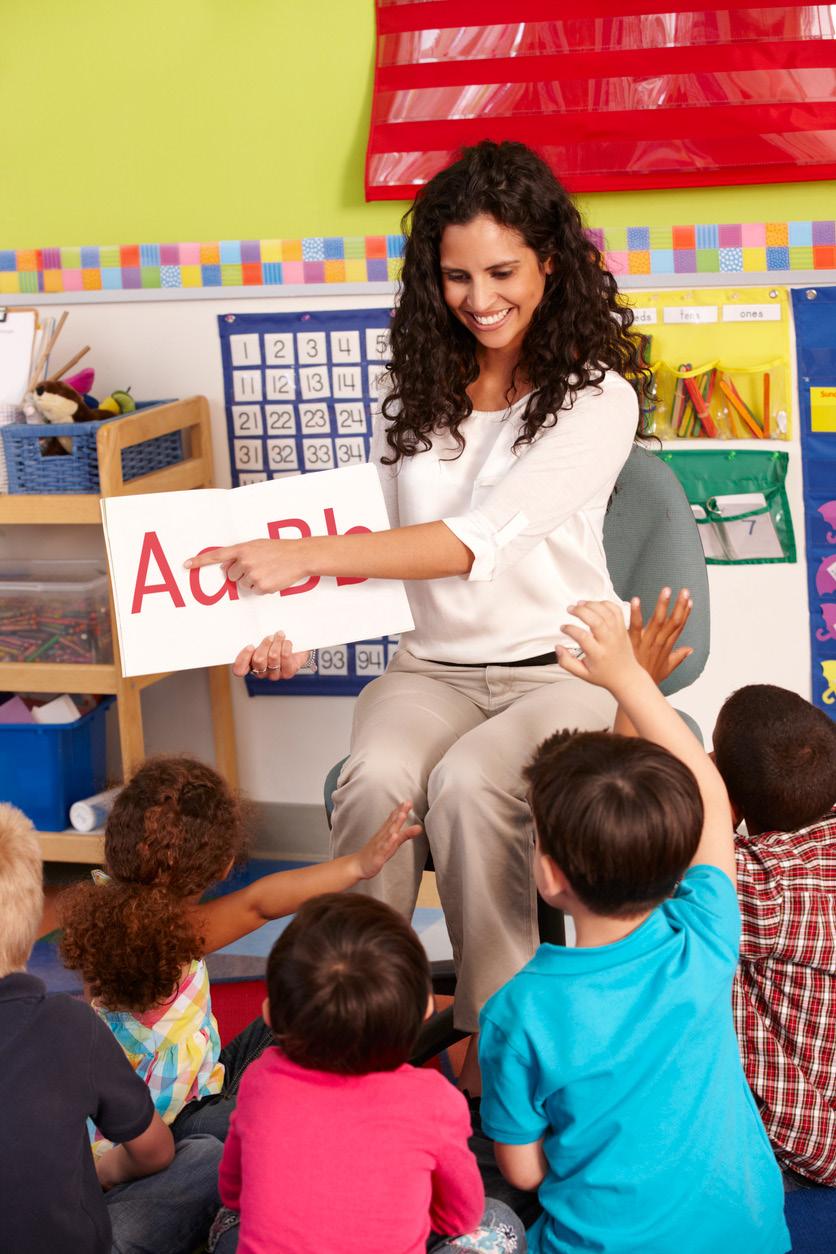

Teaching Vocabulary in Meaningful Ways

Learning vocabulary goes beyond memorization, and drills. We need to make it relevant, challenging, and personalized to our learners. This workshop aims to give you speci c ideas, strategies, and activities that will make vocabulary learning relevant and useful.

The Cambridge Framework for Life Competencies
How can we prepare our students to succeed in a world that is changing so quickly? We see the increasing need to work together with people from around the world, to think creatively and solve problems, to analyse sources more critically, to communicate our views effectively, and maintain a positive mindset in an increasingly complex world. Following the different stages of the learning journey, the Cambridge Framework for Life Competencies provides a clear and well-rounded starting point for both teachers and students in preparation for the future.

The Digital Teacher
Join us on this incredible journey of the digital teacher. In this session, we will introduce you to the Cambridge English Digital Framework and show you how it can inform and guide you for years to come. This free tool is a must for teachers of all levels and experience.

Using Puppets in the Classroom
Using puppets helps young children develop creative skills by forcing them to use their imagination. They make up the roles, the rules, the situations and the solutions. It is through imaginative play that children come to understand the differences between fantasy and reality. The real world becomes more real to children who have opportunities to pretend. There is emotional development with the use of puppets, they help improve motor skills and boost con dence and they also help increase group participation. Let´s use puppets!
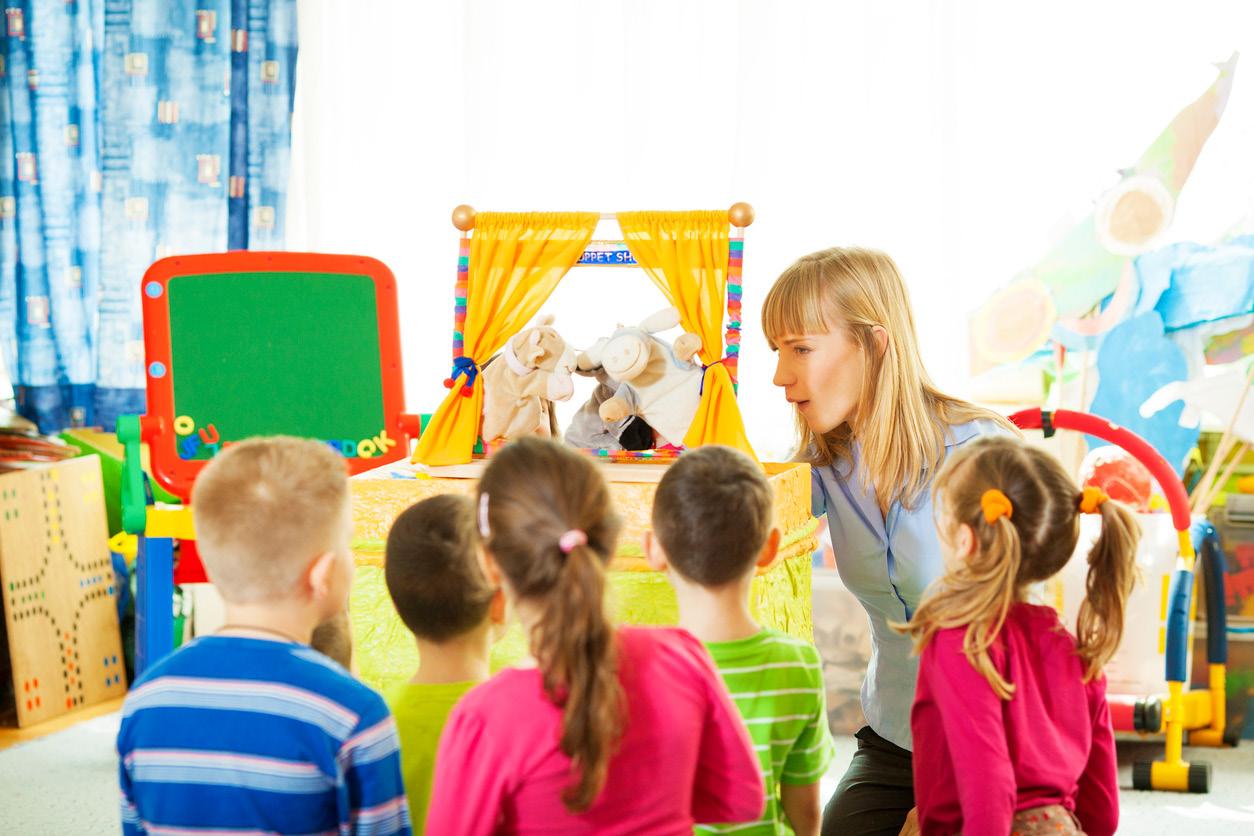
Academic Services 2021 - 2022 Catalogue

Cambridge Learning Cycle (CLC) is the new professional development program implemented by Cambridge University Press Mexico for our clients. The objective of the CLC is to provide continuing academic support through:


Ongoing training. ELT publications. Cross collaboration.
Our belief is that through adequate insights and best classroom strategies, our academic partners will achieve their goals while using Cambridge materials.


and Literacy

Learning to navigate responsibly can be challenging –especially for children and teens. In this session, we will examine how to teach our students to be responsible digital citizens and navigate the web in a safe manner. Also, participants will learn how to help students identify reliable sources and become experts at

